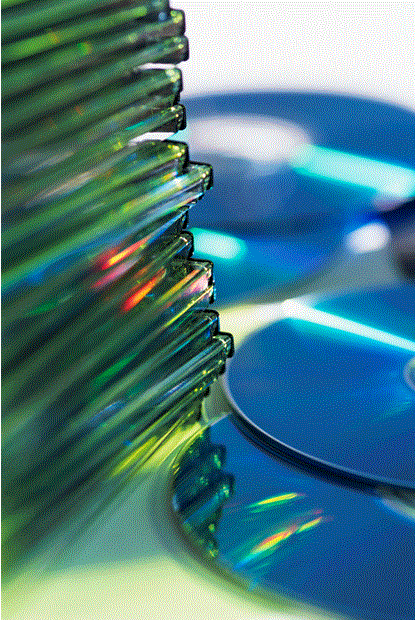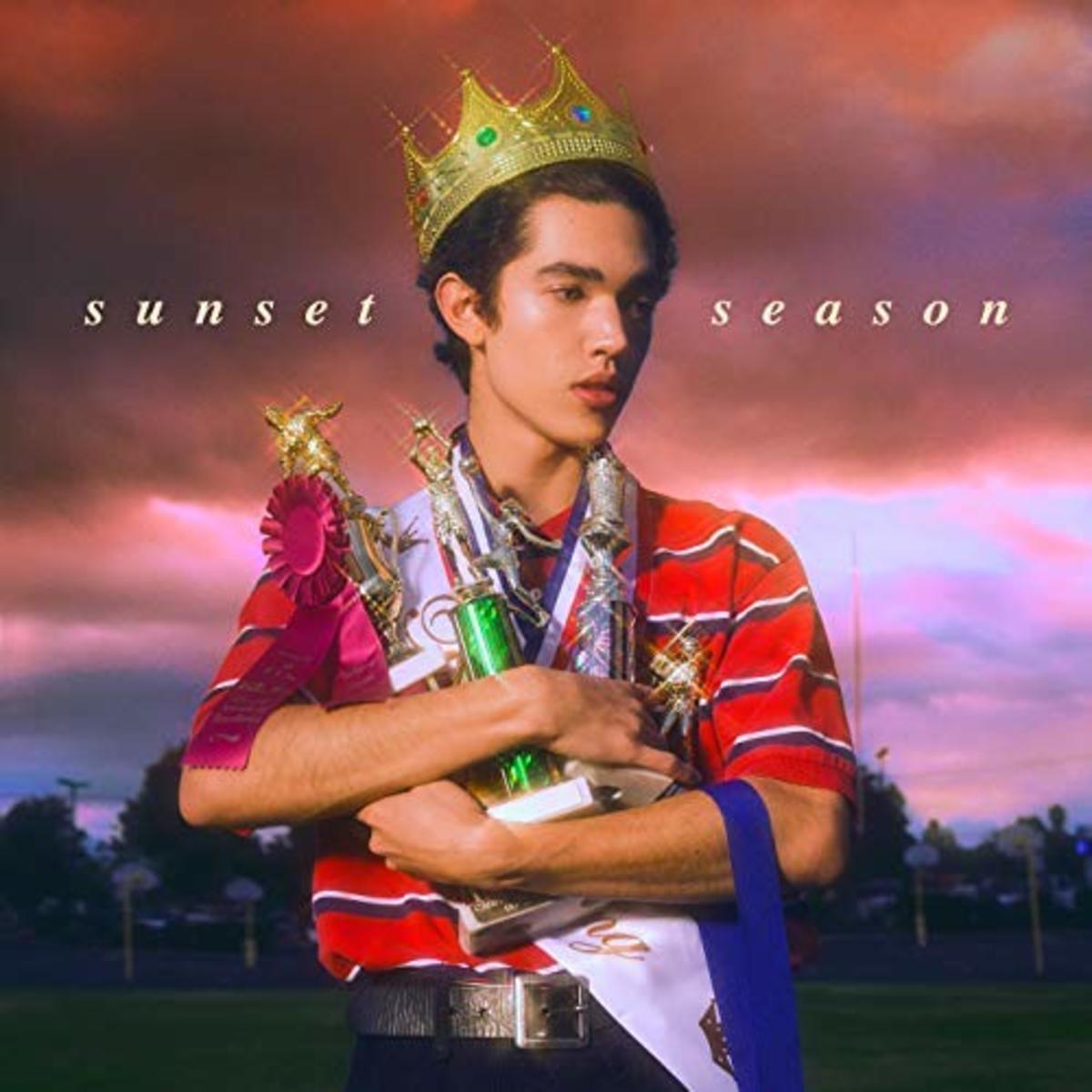Making Music In The 21st Century: The Digital Age Of The Music Industry

Everybody loves music. Money doesn't make the world go around, music does! Imagine a world without any music, it would be awful, it would be boring and there would be a serious lack of any real entertainment. Yet music has become massively under-valued. Despite cut-backs and changes in the way that music is financed and produced, it still costs a major record label an average of $1,000,000 (or about £620,000) to break a new artist into the mainstream and potentially into commercial success.
It also remains an important fact that only 5% of the artists that sign to a major record label ever manage to recoup their expenses and go on to make a profit (for their label). That's just one in twenty. Often, the artist never gets to see as much as a penny of this profit. First, the record company expenses must be paid back and then the interest that has accumulated on those expenses. Many people argue that the real money in the music business comes from playing gigs, gaining sponsorships and selling merchandise. Whilst this is true to an extent, artists who are signed to a record label may find their label sucking up all these finances also in order to pay back the advance that was loaned to the artist in order to record their album.
As established and now highly successful artist Ginger Wildheart pointed out, an artist could easily find themselves receiving an advance from a record label towards their second album hoping to achieve enough profit to pay off the advance from their previous album - it's possible that the artist may go on to make further albums but may not be able to raise the funds to even pay back the record label from their first album leaving them in a sticky situation and in even more debt. Financing music is tough. Making money from music is even tougher.
Music artists signed to a record label have a variety of advantages over artists who remain completely independent, although they also have many disadvantages too. Striking up a deal with a distribution company is essential if you are ever going to get your music into the main music retailers such as HMV. However, you are unlikely to be able to strike up a distribution deal unless you can prove that your music sales have a good track record which is, once again, a difficult task. Artists signed to a record label have an advantage as the label will most likely have already established agreements with their distributors specifically for the purpose of signing new acts giving them a chance of getting their foot in the door.
Music Production
Does producing music necessarily need to be so expensive? Technically, no it doesn't. As the music industry has evolved over the years, so has our perception of sound and so has our technology. Had people heard music by Marilyn Manson or a super-fast lead guitarist such as Yngwie Malmsteen a hundred years ago it probably would have just sounded like noise to them but over the years our ears have become accustomed to hearing such music. Our perception of sound is evolving and so is our precision.
With the technology available today music recordings are becoming increasingly cleaner, smoother and crystal clear. We didn't have this capability fifty years ago but The Beatles managed to become a success with the quality that was available at that time. The quality achieved on original Beatles records is easily attainable with the use of today's home computers, it's just a matter of educating yourself.
Today's technology brings with it the very real fact that anyone can record an album at home with the right computer and software (assuming they already have the musical instruments needed) and this is something which I am personally doing now. However, it's a very long and self-involved process which requires a significant investment in time. Whilst I haven't achieved anywhere near current major label production quality, I have managed to successfully produce broadcast quality recordings. Recording at home also brings many disadvantages and for that reason you need to be prepared. Just imagine the following scenario:
You're at home recording the rhythm section to your track. The song is four minutes in length. You manage to record the rhythm section perfectly up until 3:45 into the track when someone rings the doorbell and ruins the recording. What do you do? Do you cut that part of the rhythm section out and try to repair the recording afterwards? Do you simply cut the loop out of a previous part of the rhythm section and copy it to replace the ruined part? Or do you record the entire rhythm section all over again?
The answer: You do whatever it takes to make the recording perfect, no matter how much frustration, no matter how much time it will consume, no matter how much it will cost, no matter what it is you need to do.
Your recording needs to be as perfect as possible and this brings me on to some very good tips provided by John Mayer when he visited Berklee College of Music.
Related Hubs
- Guide To Releasing An Album
- A&R In The Digital Age
- What Is Digital Remastering?
- The Evolution Of The Music Industry
- Music Industry: Slicethepie v3 Vs Soundout
- Become A Music Industry Investor
- Start A Record Company
- Fan Funding In The Music Industry
- Top 5 Music Apps On Google Play (Android Market)
- Making Music On Your Android App Device Music Studio
- Learn How To Play Guitar Online: Become A Guitarist
Music Publishing
When John Mayer visited Berklee College of Music his main tip for the day was:
"Never ever to be tempted to publish early"
Mayer went on to explain. You should never publish a song if it is incomplete in any way and you should definitely not publish early in order to seek feedback on your music. If it's not complete then it's not ready to be published. You cannot tell if a song is good if it's not finished yet. Publishing a song early can be detrimental to your cause, your fans are unlikely to want to hear an unfinished track. In addition, you are unlikely to make any new fans by publishing unfinished material. The intervening factor here is the fact that the internet brings with it an easy way of self-publishing and therefore the temptation to publish early.
In addition, Mayer states that you should never scrap a song early either just because you don't like it. How do you know it's not very good if it's not even finished yet? Finish it! Even if you never decide to publish the completed version it's still another song in your repertoire and somebody else may like it.
The internet also brings with it the temptation to give away music for free. Whilst this isn't such a bad thing, there's also the temptation give away ALL of your music for free and this is bad. Music has already been devalued significantly and by giving away all of your music for free you are just helping to devalue it more. However, there's no harm in giving out free downloads as a bonus or incentive to get people to visit your website but by giving away ALL of your music for free you could be compromising the future of your music career. Consider the following scenario:
You release an album but, despite heavy promotion and touring, no-one is buying. This album has either cost you an investment in money or time or both. You decide to give it away for free anyway instead, hoping that word will spread and you will gain more fans. The album has 30,000 downloads because you gave it away for free and you suddenly find yourself with many fans. However, despite the amount of new fans you've managed to attain, your album has no monetary value whatsoever. None of your new fans are going to pay for any of the songs from your album because they've already downloaded it for free. Your 30,000 fans jumps up to 60,000 fans but none (or very few) of them are going to pay for your new album, they'll just download your free album instead and that way they've still got their hands on a large chunk of your material for free.
Free music downloads can be a good promotional tool when used correctly but giving an entire album away for free is a big sacrifice. It doesn't matter if you recorded the album at home for free, it still cost you a massive amount of investment in time, effort, dedication and hard work and it is still, therefore, worth something. It is your art and should be treated as such. Rather than giving an entire album away for free, a better method would be to give away three tracks (at the most) away as free downloads in order to promote the rest of the album which can only be purchased. This allows you to get your music out there whilst retaining some monetary value to the album. Alternatively, you could choose to release an EP for free in order to promote your upcoming album.
Do not give all your music away for free!







